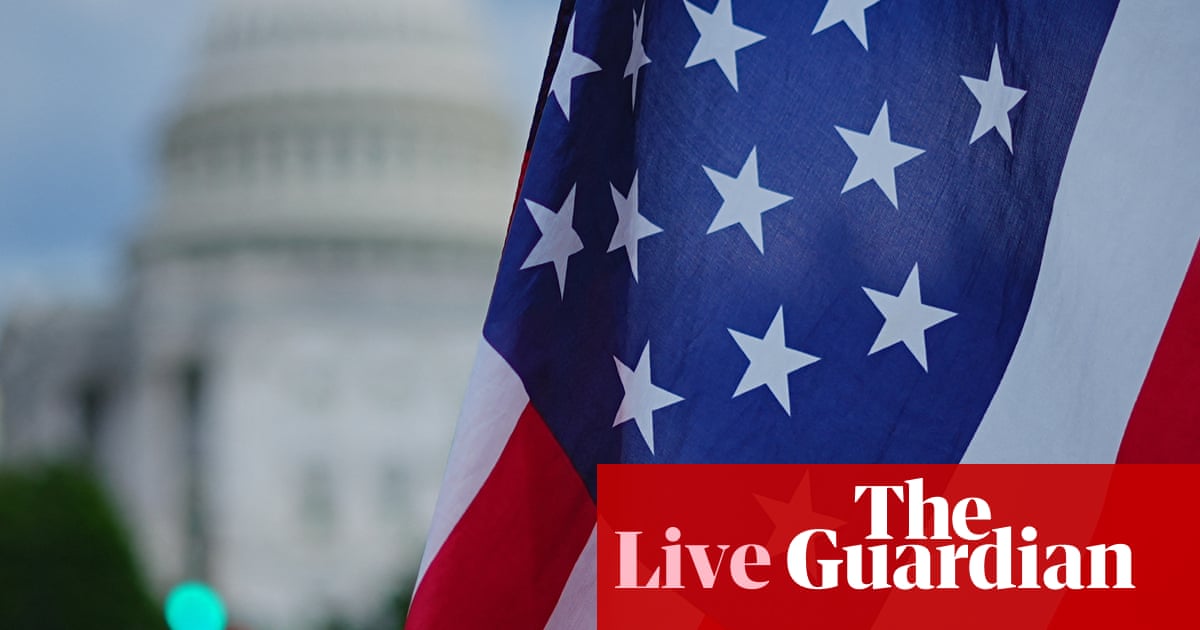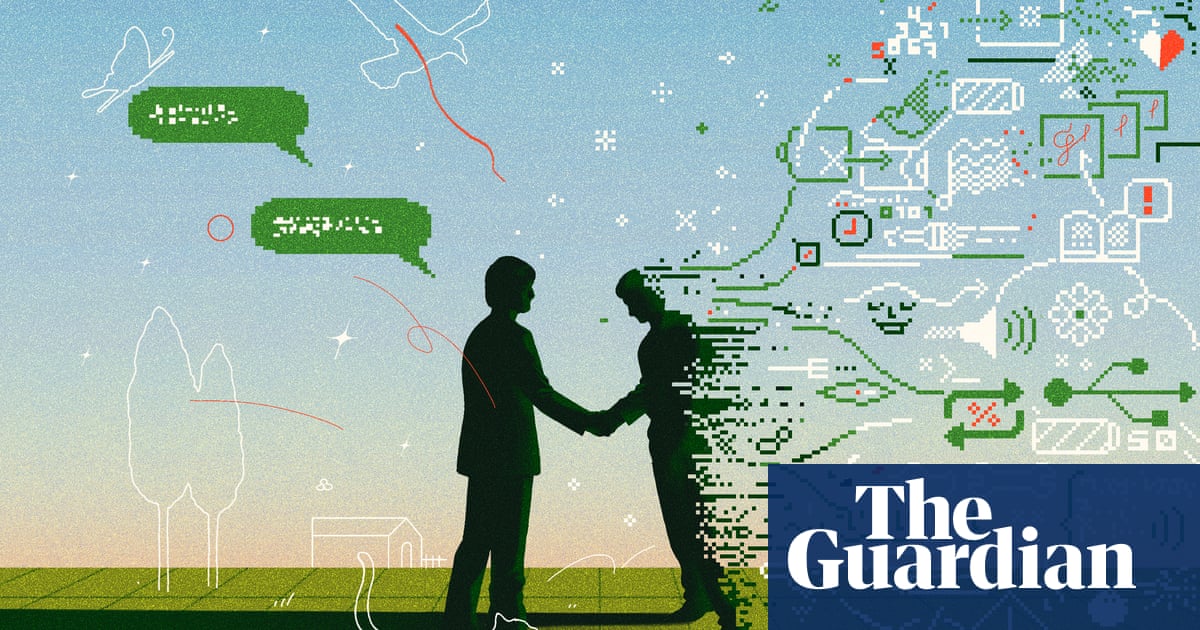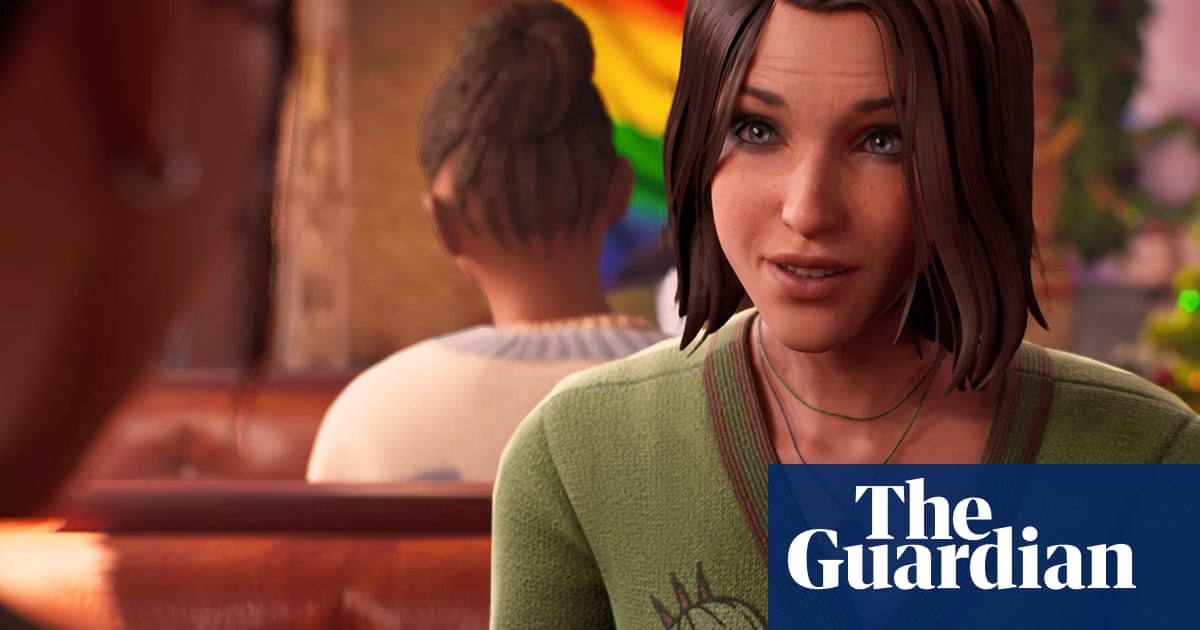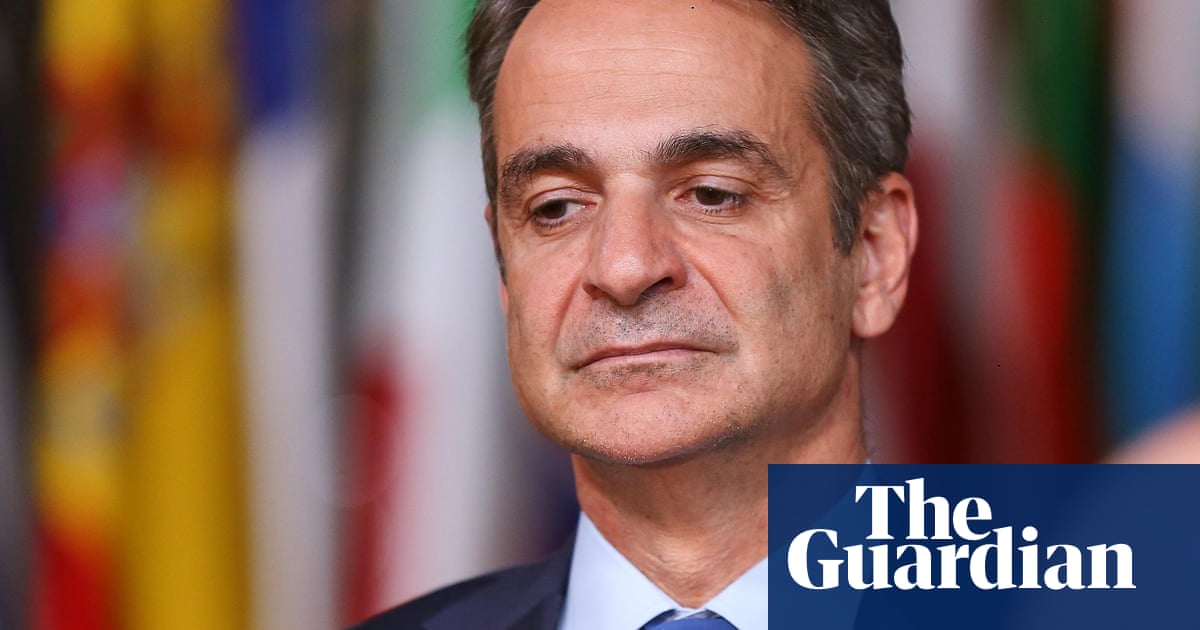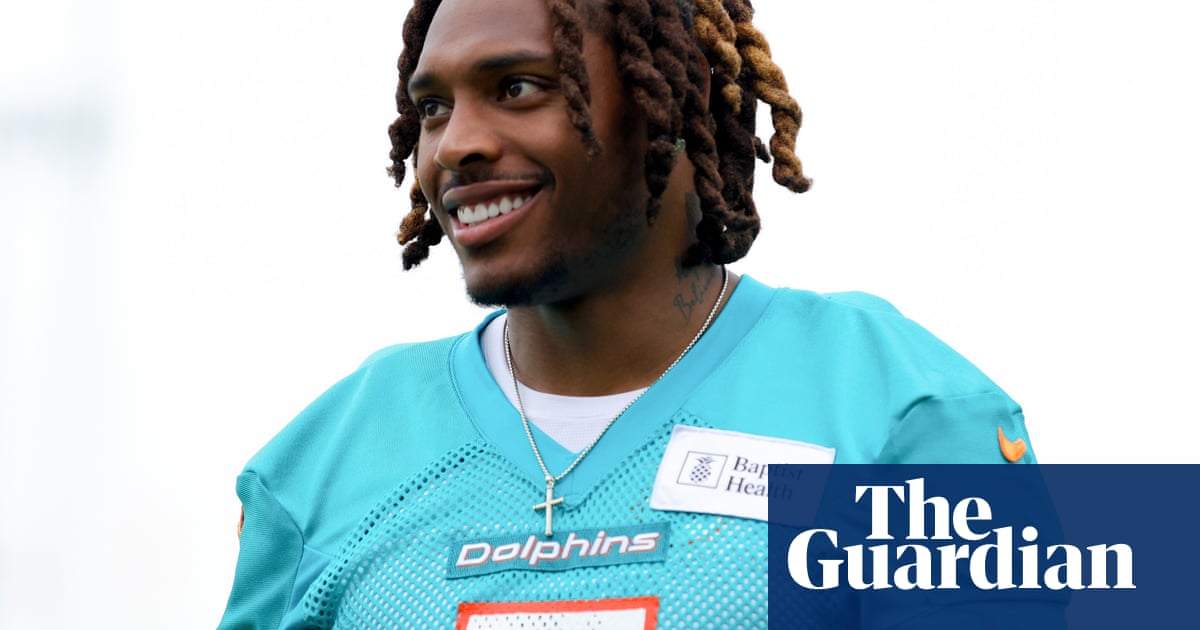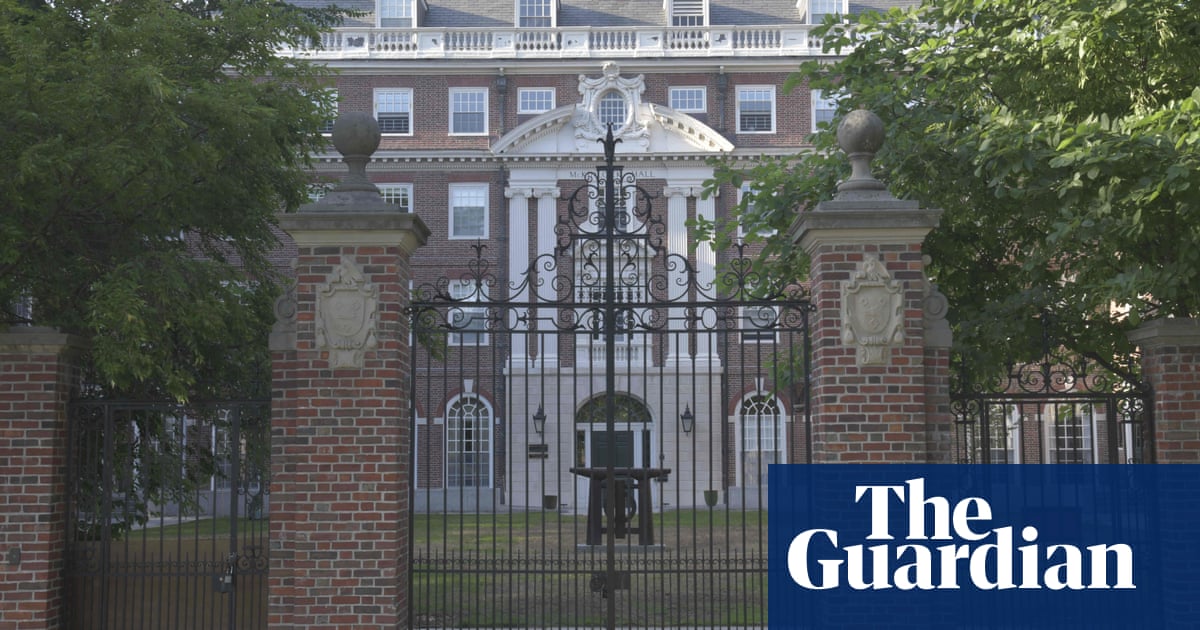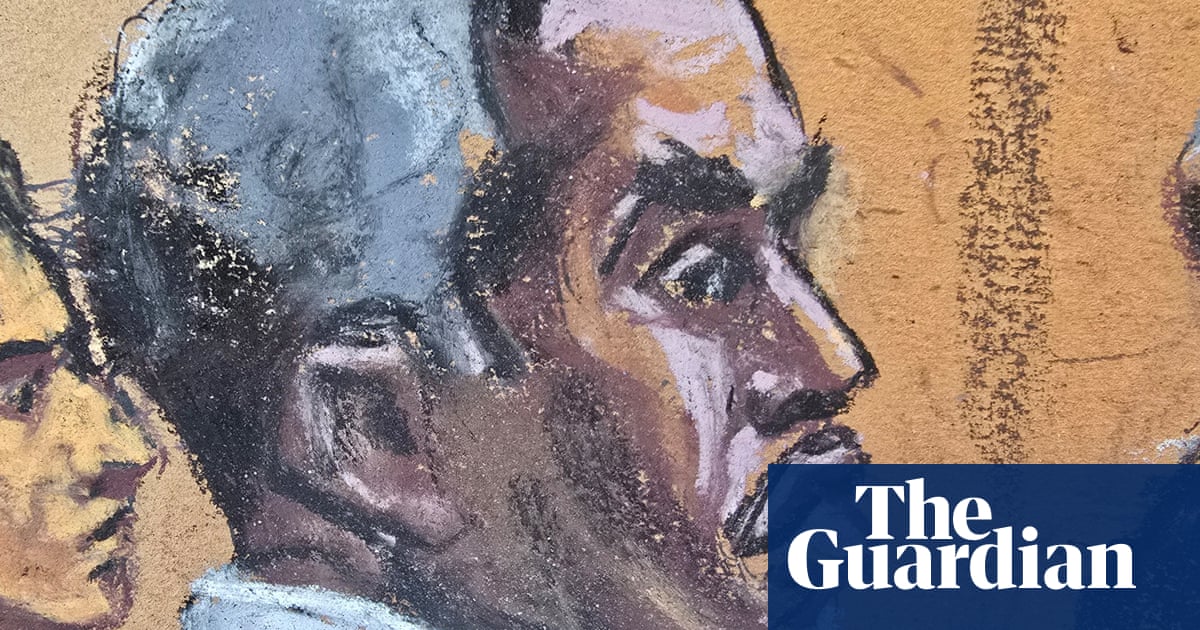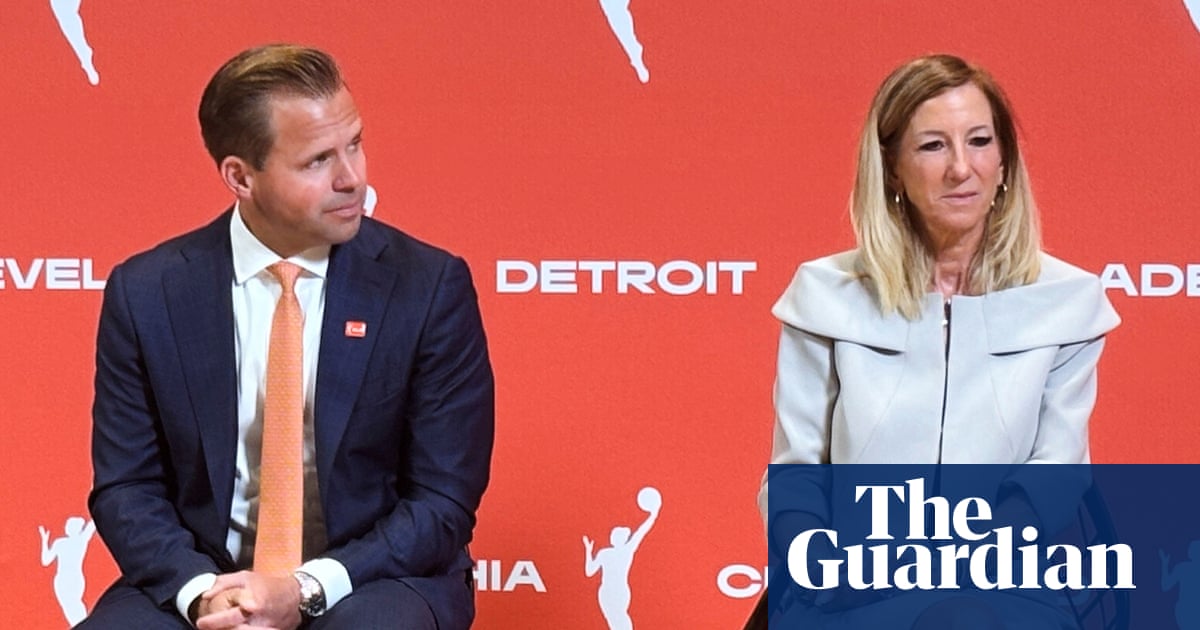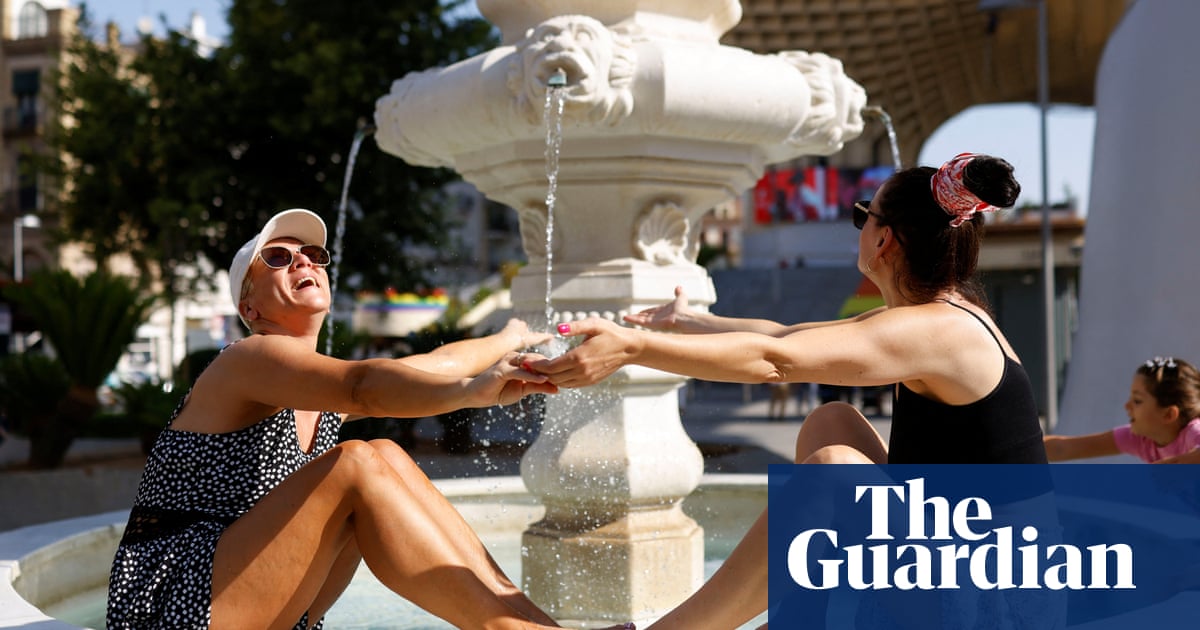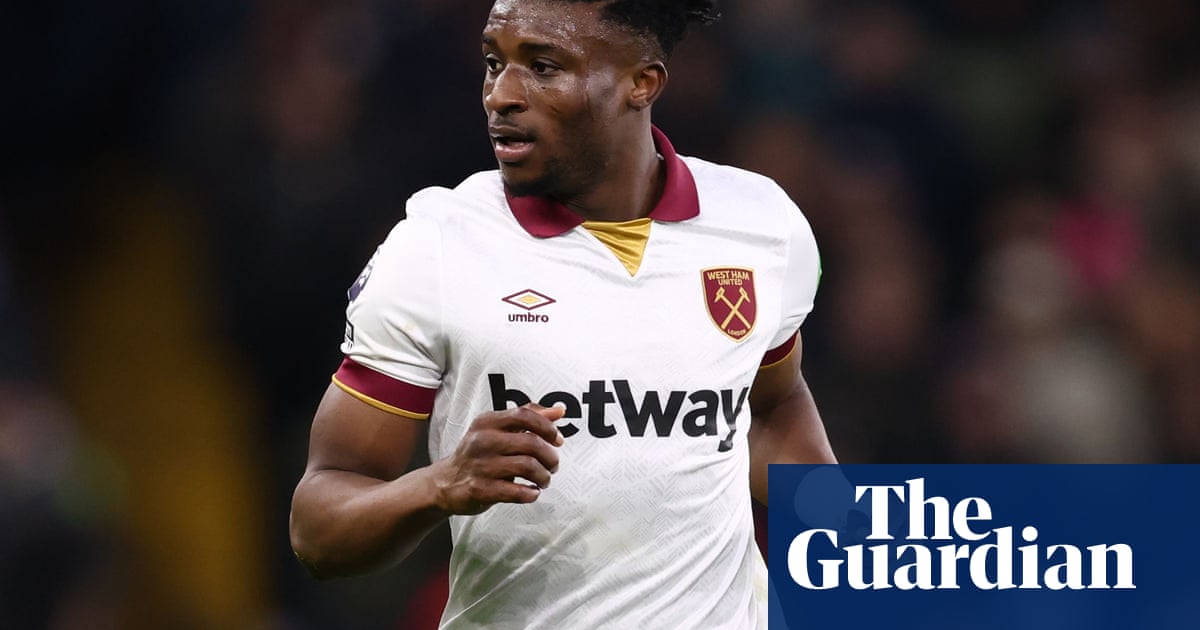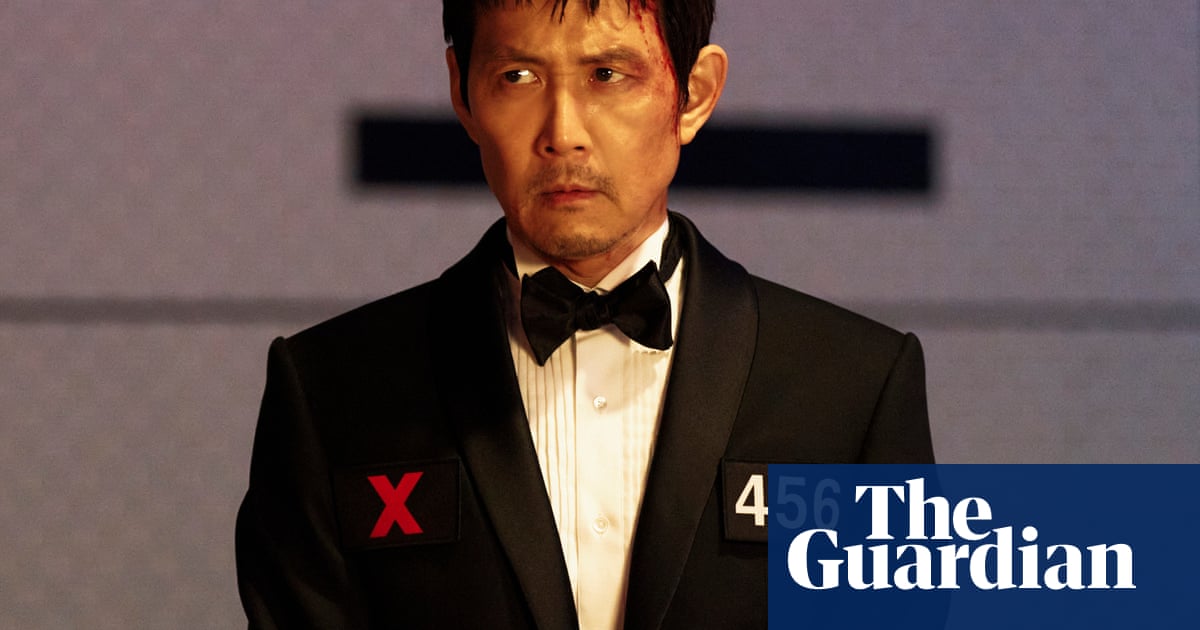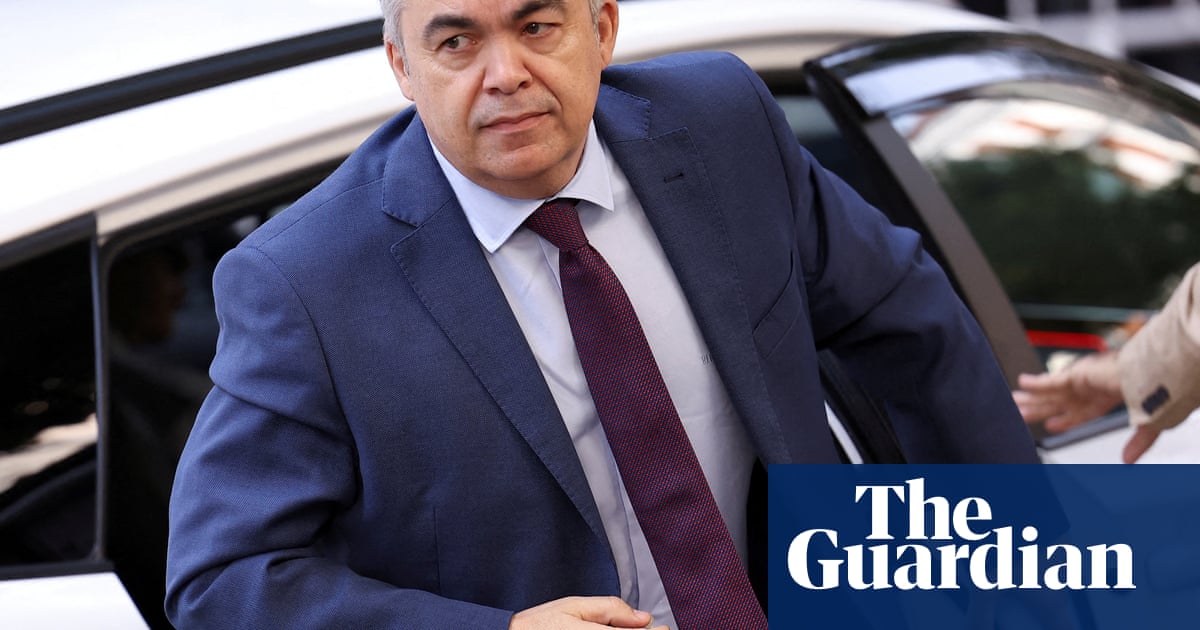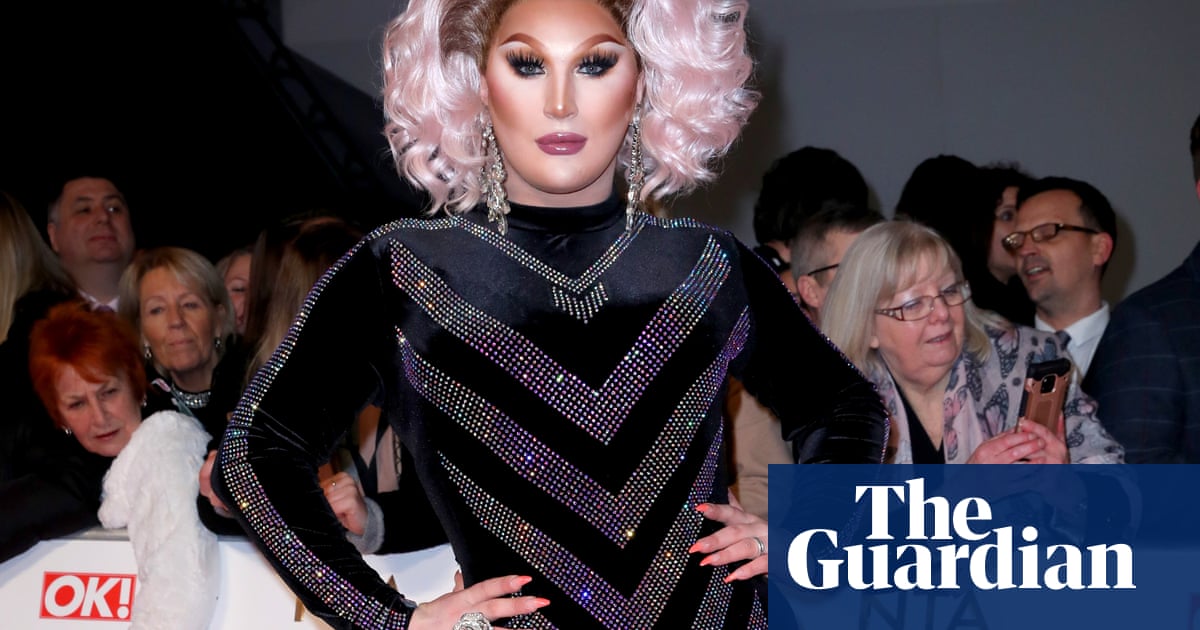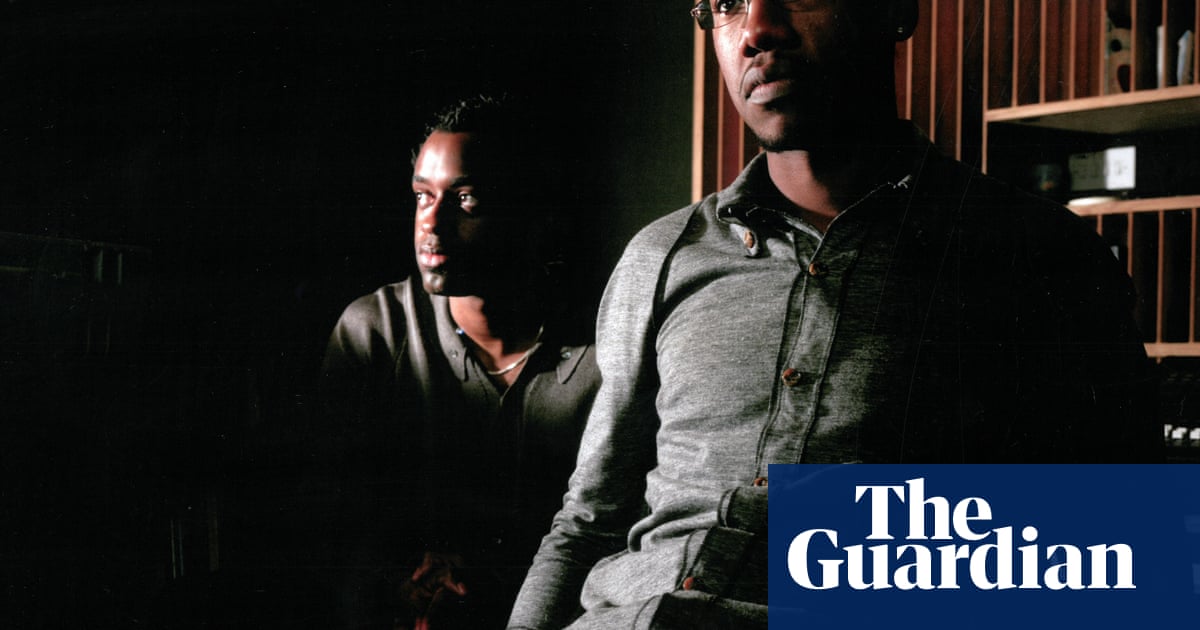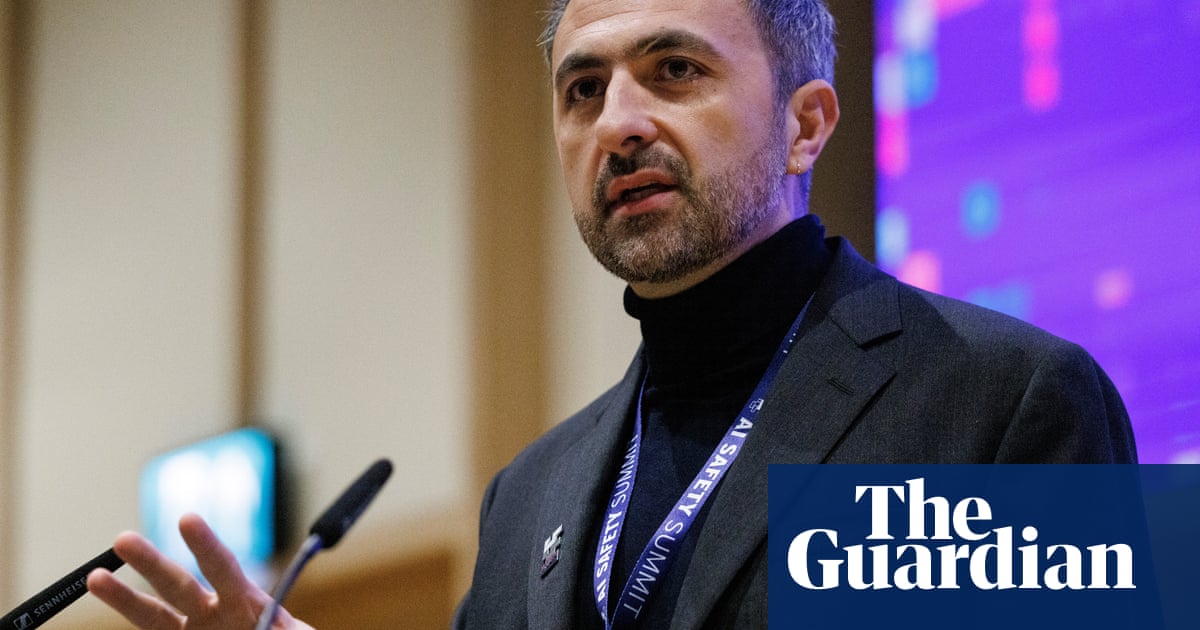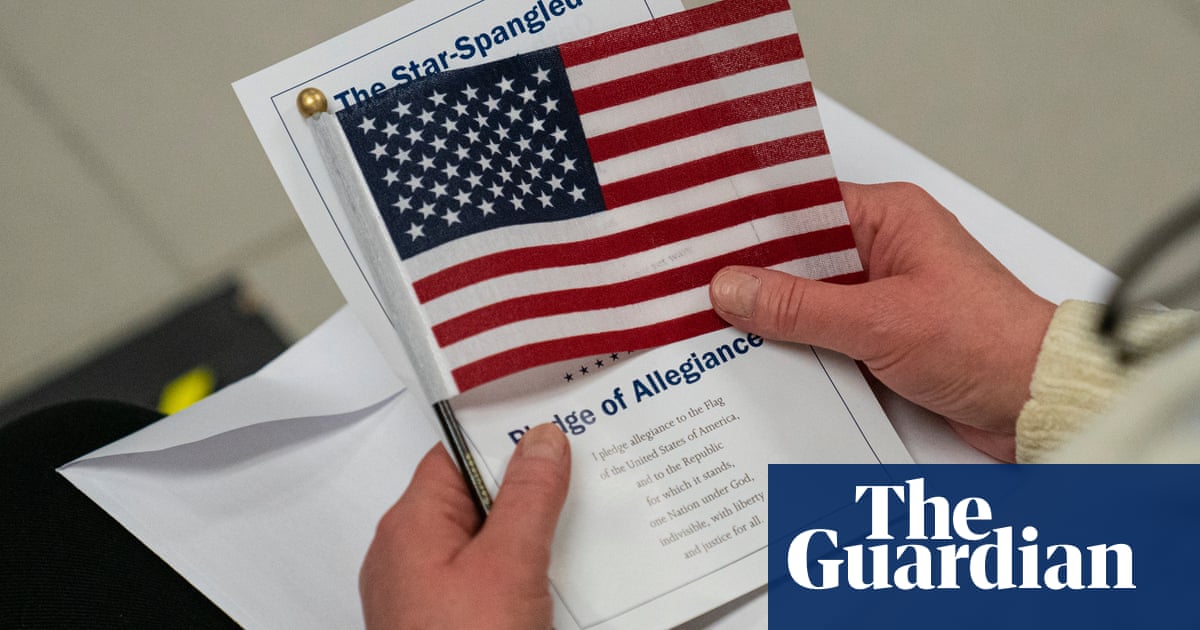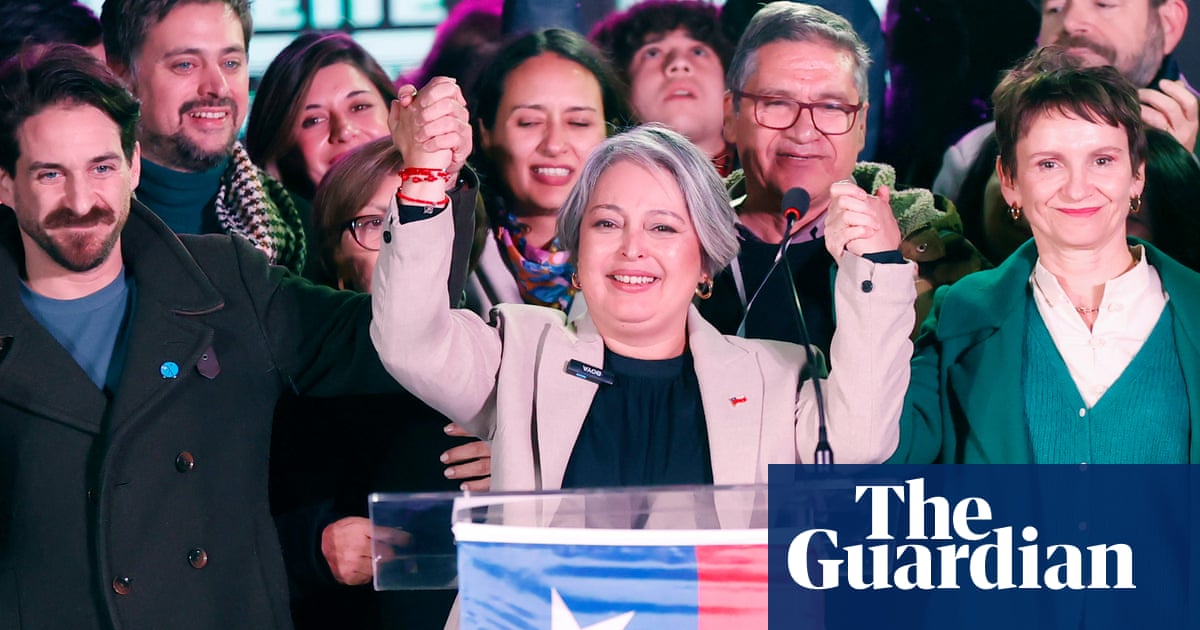Morning opening: What does Vladimir Putin want?

Jakub Krupa
On Monday, several European leaders lined up to criticise Vladimir Putin for Russia’s continuing attacks on Ukraine, and sabotaging the peace efforts of the Trump administration in the US.
But the White House view remains distinctively different.
Speaking alongside El Salvador president Nayib Bukele, Trump once again took aim at Ukraine’s Volodymyr Zelenskyy instead, saying:
“The mistake was letting the war happen. If Biden were competent. And if Zelenskyy were competent -- and I don’t know that he is, we had a rough session with this guy over here.”
“You don’t start a war against somebody that’s 20 times your size and then hope that people give you some missiles.”
On Putin, his tone was distinctively different as he argued:
“And you take a look at Putin -- I’m not saying anybody’s an angel, but I will tell you, I went four years, and it wasn’t even a question. He would never -- and I told him don’t do it. You’re not going to do it.”
Ultimately, he concluded that Biden, Zelenskyy and Putin are all at blame for the war:
“And Biden could have stopped it, and Zelenskyy could have stopped it, and Putin should have never started it. Everybody’s to blame.”
But perhaps even more revealing were comments by Trump’s envoy Steve Witkoff, who was in Moscow last week.
Speaking on Fox News, Witkoff said he was confident after his latest five-hour “compelling” meeting with the Russians that a deal with Putin was “emerging”.
“Towards the end, we actually came up with – I’m going to say finally, but I don’t mean it in the way that we were waiting; I mean it in the way that it took a while for us to get to this place – what Putin’s request is to get to, have a permanent peace,” he said.
But in comments that are likely to spook European partners by signalling Putin’s broader security demands, he said the peace deal is “about the so-called five territories, but there’s so much more to it: there’s security protocols, there’s no Nato, Nato Article Five, I mean, it’s just a lot of detail attached to it.”
“It’s a complicated situation … rooted in … some real problematic things happening between the two countries and I think we might be on the verge of something that would be very, very important for the world at large,” he added.
Witkoff also added that he believed “there is a possibility to reshape the Russian-United States relationship through some very compelling commercial opportunities that I think give real stability to the region too.”
So, what, back to business as usual? That’s certainly what Putin wants.
It all increasingly makes it look, as our Russia expert Luke Harding put it, that “the truth is that America either wants Russia to win, or doesn’t care if Ukraine loses.”
On that depressing note…
It’s Tuesday, 15 April 2025, it’s Jakub Krupa here, and this is Europe Live.
Good morning.
Key events Show key events only Please turn on JavaScript to use this feature
Key questions for Ukraine's European allies - analysis
David Shimer, the former director for eastern Europe and Ukraine on Joe Biden’s national security council, writes for the Guardian today, asking “two key questions for Ukraine’s European allies” as he worries about the US military aid ceasing soon.

Servicemen of the 49th Separate Assault Battalion Carpathian Sich of the Armed Forces of Ukraine repair a T-80 tank captured earlier from Russian troops, amid Russia's attack on Ukraine, in Donetsk region. Photograph: Anatolii Stepanov/Reuters
The war between Russia and Ukraine is approaching a historic turning point: unless the Trump administration adjusts course, US military aid for Ukraine is about to cease.
Since taking office, Trump has not approved a single military aid package for Ukraine. Even if Trump were to reverse course and utilize this remaining drawdown authority, the amount available is insufficient to sustain US support for Ukraine over time. To do that, Congress would need to approve additional Ukraine funding, which will not happen while the Republican party controls both chambers and the White House. As a result, the era of US military aid to Ukraine is approaching its end.
Vladimir Putin is stalling the Trump administration’s ineffective pursuit of a ceasefire as he waits for Biden-era military aid deliveries to run dry.
European leaders have stepped up in recent months to try to help Ukraine survive in the absence of US leadership. European discussions about a postwar reassurance force are important, but the actual war is still ongoing, and further planning is needed to deal with the impending loss of US material support.
The key questions for Ukraine’s European backers are twofold: how can Ukraine persist with a combination of its own domestic production of weapons, European security assistance, and US intelligence sharing?; and what is the most viable pathway to finance this support?
'Not good for Europe to be security vassal of the US,' JD Vance says
Separately, US vice-president JD Vance has given a wide-ranging interview on his approach to European policy, telling UnHerd that “it’s not good for Europe to be the permanent security vassal of the United States.”
He insisted that he “loves Europe,” despite his critical comments in Munich or during his recent trip to Greenland.

In most attention-grabbing comments, he once again criticised Ukrainian president Volodymyr Zelenskyy for “absurd” comments that the Trump administration is “somehow on the side of the Russians,” which he said was “certainly not productive.”
He also repeated some of his criticism of European leaders on migration and integration, saying that “European populations keep on crying out for more sensible economic and migration policies, and the leaders of Europe keep on going through these elections, and keep on offering the European peoples the opposite of what they seem to have voted for.”
He also warned that Europe should step up and work on its defences, as “most European nations don’t have militaries that can provide for their reasonable defence,” noting exceptions in the UK, France, and Poland.
He also called for stronger Europe, saying: “I don’t want the Europeans to just do whatever the Americans tell them to do. I don’t think it’s in their interest, and I don’t think it’s in our interests, either.”
The entire thing is worth reading to better understand the vice-president’s thoughts – it’s here.
Morning opening: What does Vladimir Putin want?

Jakub Krupa
On Monday, several European leaders lined up to criticise Vladimir Putin for Russia’s continuing attacks on Ukraine, and sabotaging the peace efforts of the Trump administration in the US.
But the White House view remains distinctively different.
Speaking alongside El Salvador president Nayib Bukele, Trump once again took aim at Ukraine’s Volodymyr Zelenskyy instead, saying:
“The mistake was letting the war happen. If Biden were competent. And if Zelenskyy were competent -- and I don’t know that he is, we had a rough session with this guy over here.”
“You don’t start a war against somebody that’s 20 times your size and then hope that people give you some missiles.”
On Putin, his tone was distinctively different as he argued:
“And you take a look at Putin -- I’m not saying anybody’s an angel, but I will tell you, I went four years, and it wasn’t even a question. He would never -- and I told him don’t do it. You’re not going to do it.”
Ultimately, he concluded that Biden, Zelenskyy and Putin are all at blame for the war:
“And Biden could have stopped it, and Zelenskyy could have stopped it, and Putin should have never started it. Everybody’s to blame.”
But perhaps even more revealing were comments by Trump’s envoy Steve Witkoff, who was in Moscow last week.
Speaking on Fox News, Witkoff said he was confident after his latest five-hour “compelling” meeting with the Russians that a deal with Putin was “emerging”.
“Towards the end, we actually came up with – I’m going to say finally, but I don’t mean it in the way that we were waiting; I mean it in the way that it took a while for us to get to this place – what Putin’s request is to get to, have a permanent peace,” he said.
But in comments that are likely to spook European partners by signalling Putin’s broader security demands, he said the peace deal is “about the so-called five territories, but there’s so much more to it: there’s security protocols, there’s no Nato, Nato Article Five, I mean, it’s just a lot of detail attached to it.”
“It’s a complicated situation … rooted in … some real problematic things happening between the two countries and I think we might be on the verge of something that would be very, very important for the world at large,” he added.
Witkoff also added that he believed “there is a possibility to reshape the Russian-United States relationship through some very compelling commercial opportunities that I think give real stability to the region too.”
So, what, back to business as usual? That’s certainly what Putin wants.
It all increasingly makes it look, as our Russia expert Luke Harding put it, that “the truth is that America either wants Russia to win, or doesn’t care if Ukraine loses.”
On that depressing note…
It’s Tuesday, 15 April 2025, it’s Jakub Krupa here, and this is Europe Live.
Good morning.

 2 months ago
41
2 months ago
41
